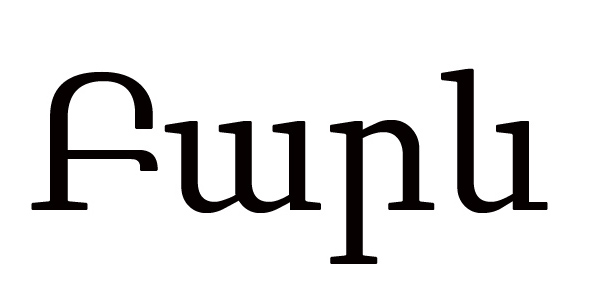
In Armenia, almost everyone has at least a minimal basic knowledge of the Russian language. And most often you will meet people who speak Russian at a very high level. If you buy a tour to Armenia from us, then you will almost certainly not need this article. But, it will definitely not be superfluous if you know some basic phrases and some idiomatic expressions that will help you in communication and even help you “pass for one”.
Hello – “Barev dzez”
Hello – “Barev”
Goodbye – “Stesutsyun”
Good morning – “Bari Luys”
Good night – “Bari Gisher”
Thank you – “Shnorhakalyutsyun” (but do not be surprised to hear the French word “Merci” even in the most remote corners, it has somehow taken root in speech)
Please – “Khndrem” (or “Khndrumem” if you are asking for something, and not just politely answering the word Thank you)
Yes – “Ayo” (or the simpler and more commonly used “Ha”)
No – “Voch” (or “Che” – they say so much more often)
How are you? — “Vontsek”
Bon appetit – “Bari akhorzhak”
I love you – “Es kez sirumem”
Sorry – “K’nerek”
What is your name? — “Inchpes e dzer anune?”
My name is… – “Im anune…”
Do you speak English? – “Duk hosumek angleren?”
I don’t understand you – “Es dzez chem haskanum”
How much does it cost? — “Sa inch arji?”
It’s expensive – “Sa tange” (feel free to haggle, especially in the markets)
And, finally, a few absolutely untranslatable words and expressions that fill the speech of the inhabitants of Armenia. Knowing their meaning, you can safely feel in any dialogue, and by screwing one or two “in place” you can ensure yourself the admiration of the locals!
“Jan” – it could be translated into Russian in the context as “dear”. The word is used both together with the name: “Vova jan”, and simply as an appeal to someone. This is an expression of affection, goodwill, love.
“Tsavt tanem” is a direct translation of “I will take away your pain”, and in the context it means that the person again expresses goodwill, willingness to help. Sometimes, depending on intonation, it can mean sympathy and even a certain amount of indignation at what is happening.
“Inch ka” or “Inch ka chka” – literally translated as “what is there?” and “what is there?” more commonly used as “what’s new?”
“Achk luys” or “Achkt luys” is one of the most difficult expressions. Literally means “light in my eye” or, respectively, “Light in your eye.” Depending on the situation, it can mean almost the whole gamut of emotions: from “akcs luys, we had a baby” to the sarcastic “acct luys, you bought an old broken car “.
“Vots kherov lini” – “May my leg bring good luck”, if literally translated. This phrase is said for the first time when entering a house, office, even a car.
Of course, there are many dialects and adverbs in Armenia, each of them has its own beauty and its own peculiarity, and traveling around the country you will certainly be able to catch these very features by ear. But the phrases that we suggest you remember are universal and at least understandable even in the most remote corners of Armenia and Nagorno-Karabakh. Have a good trip!